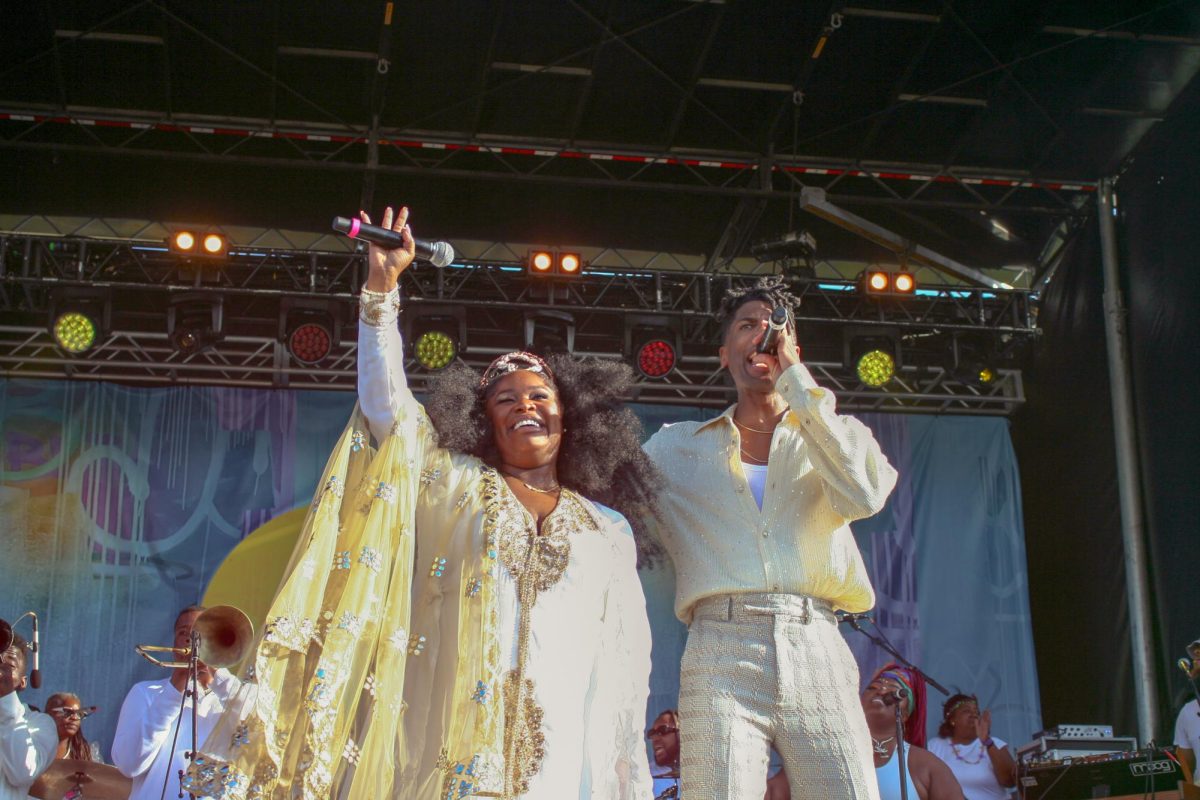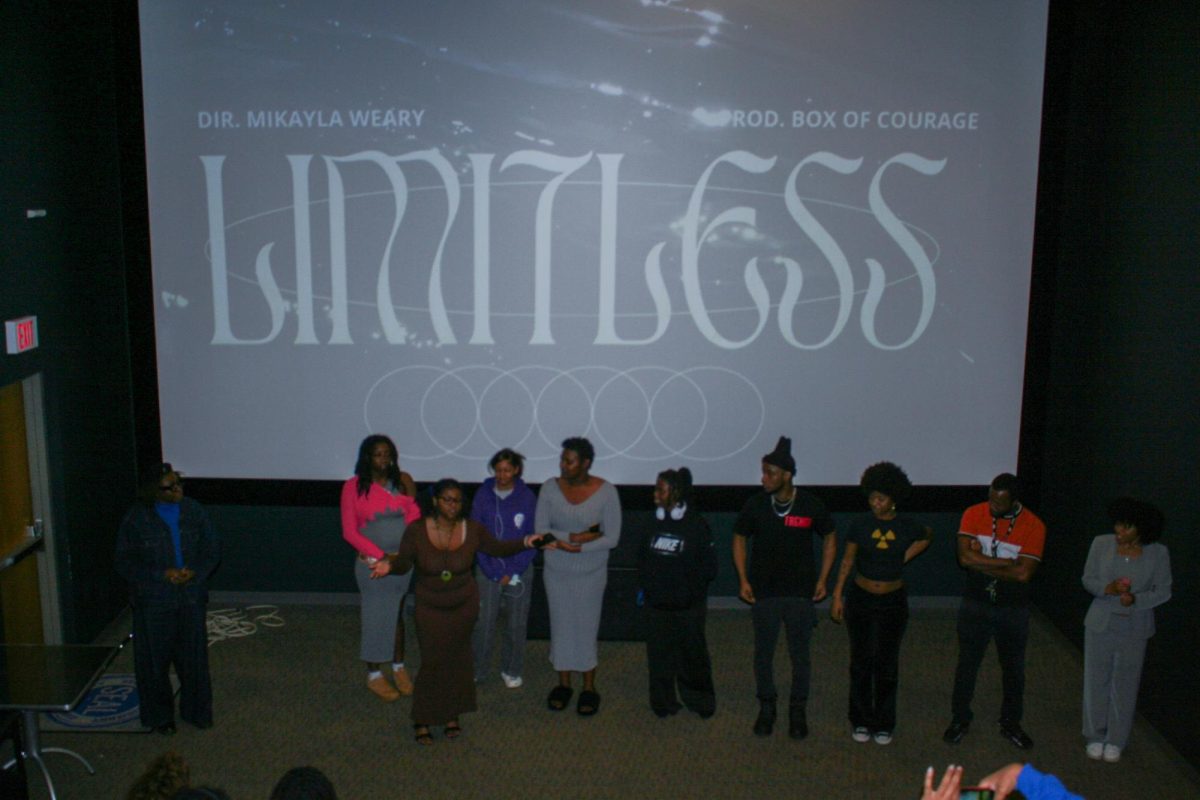
Photo provided/Courtbouillon
Dr. Ibrahima Seck
NEW ORLEANS (January 21, 2022) – Enslaved blacks made tremendous contributions to American society and culture, including establishment of rice as a food source and introduction of Louisiana’s beloved jambalaya dish, according to Dr. Ibrahima Seck during his lecture Jan. 14 on “Legacies of American Slavery.”
Seck, an author and director of research at the Whitney Plantation Slave Museum in St. John the Baptist Parish, addressed about 100 people in the online lecture sponsored by DU’s Ray Charles Program in African-American Material Culture. It was hosted by Zella Palmer, program director.
Seck said, “Nearly 60 percent of people deported to Louisiana [from Africa] came from Senegambia,” a region in West Africa that lies between the Senegal River and the Gambia River.
Food was a significant contribution, he said. As slaves started new lives in a new hostile, environment, they brought with them the use of rice in dishes such as jambalaya, a dish Seck said originated on the Senegalese coast. And while rice was first domesticated at least 12,000 years ago in China, it has been grown in Africa for 3,500 years.
Rice was introduced into the New World by Portuguese African slaves in colonial Brazil and into Latin American and the Caribbean by Spanish colonizers in Mexico. According to ricepedia.org, recent scholarship suggests African rice was an important crop early on and that enslaved Africans played an active role in establishing rice in the New World.
Seck demonstrated how a mortar and pestle was used to grind raw rice into a powder for cooking.
Among many other contributions, Seck mentioned introduction of the banjo, masking and voodoo. He said the banjo was created in Africa and was its most important musical instrument. Similar to the banjo is the “moolo,” a one-stringed instrument, he said.
“Music brought people together and gave African Americans a voice,” he said, providing solace that eventually evolved into new genres such as the blues and jazz.
Seck said the concept of masking, a major component today of Mardi Gras celebrations here, is very serious in Africa. Masks were used for rituals or ceremonies for a variety of reasons, including representation of specific tribes.
Masking represents years of African culture, he said.
Voodoo, for which New Orleans also has become known, is a practice concerning spirituality and is practiced in all parts of Africa, he said. Seck said voodoo means spirit.
Seck also is a member of the history department at the University Cheikh Anta Diop in Dakar, Senegal, and is author of “Bouki fait Gombo: A History of the Slave Community of Habitation Haydel (Whitney Plantation) Louisiana, 1750-1860.”
“Legacies of American Slavery” is a multi-year project of the Council of Independent Colleges in cooperation with Yale University’s Gilder Lehrman Center. Funded by the Andrew W. Mellon Foundation and the National Endowment for the Humanities, the grant includes Dillard University as a regional partner focusing on cultural creativity (food, music and tourism). The goal is to understand and cope with American slavery and its aftermath.
The next lecture scheduled will feature Dr. Lynnée Denise, artist, scholar, writer and DJ, of Amsterdam and London, who will discuss black musical legacies at 6 p.m. Tuesday, Feb. 22. She coined the phrase “DJ Scholarship.”
To register for the online event, sign up on EventBrite. Go to https://www.eventbrite.com/e/legacies-of-american-slavery-music-w-dr-lynnee-denise-tickets-243035434527 .


























